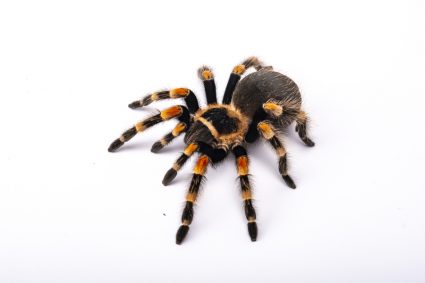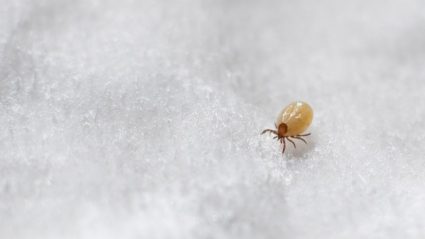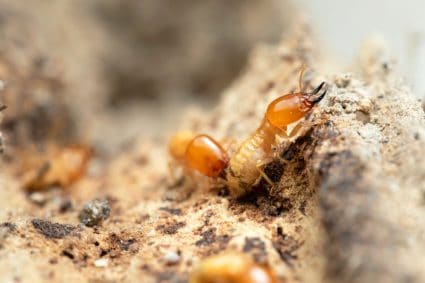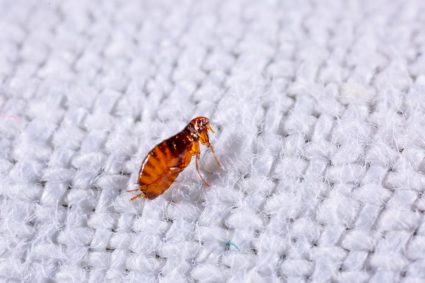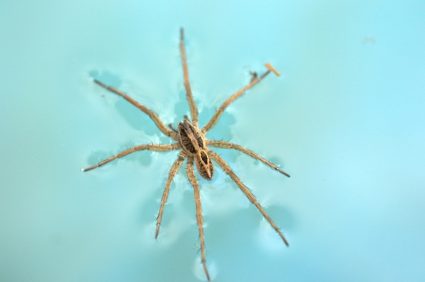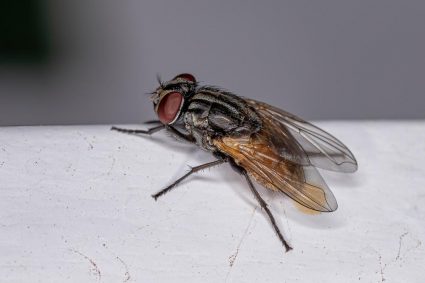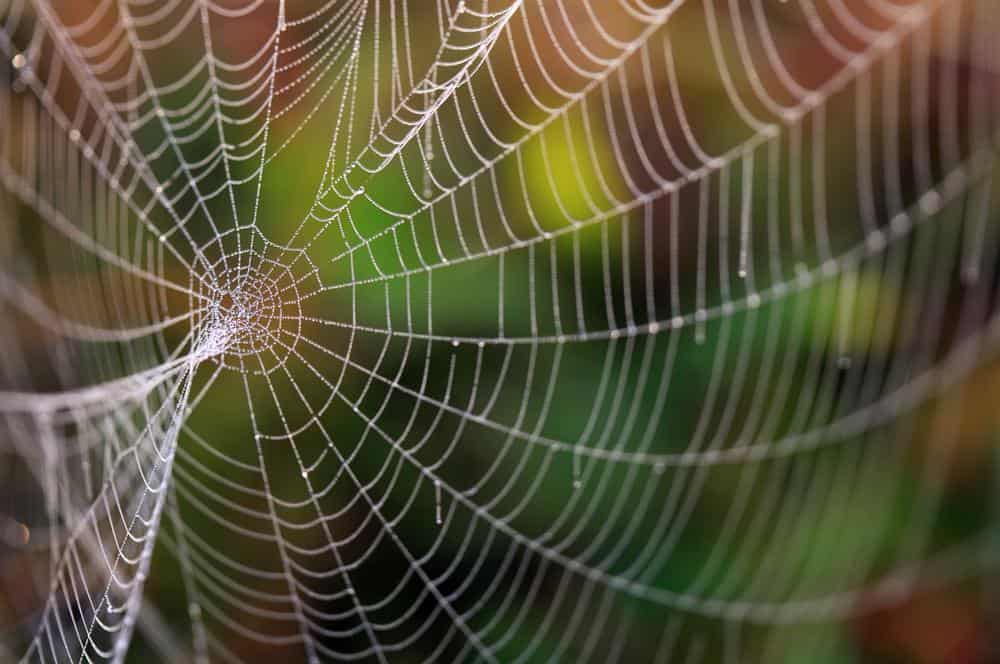
Spiders are a common sight in many homes and gardens around the world. While they play an essential role in the ecosystem by controlling pests, their presence can be unsettling to many people. If you’re looking for ways to keep spiders at bay without resorting to harsh chemicals, you’re in luck. There are several natural deterrents you can use to keep these eight-legged creatures away from your living spaces. In this guide, we’ll explore the most effective natural deterrents for spiders, how they work, and how to use them.
Natural deterrents for spiders include essential oils such as peppermint, lavender, and citrus oils, vinegar, dish soap, baking soda, and chestnuts. These substances work by producing strong scents that spiders find overwhelming, causing them to seek more hospitable environments. To use these deterrents, mix them with water in a spray bottle and apply to areas where spiders are commonly found, reapplying regularly for best results.
Natural Deterrents for Spiders
There are several substances and methods known to repel spiders naturally. These include:
Essential Oils
Essential oils are potent plant extracts that carry the scent or “essence” of the plant they’re derived from. Many spiders dislike strong scents, making essential oils an excellent natural deterrent. Some of the most effective ones include:
- Peppermint oil: Known for its strong, refreshing scent, peppermint oil is a natural spider deterrent. Mix 10-15 drops of this oil with water in a spray bottle and spray around doors, windows, and room corners.
- Lavender oil: This calming oil is another scent that spiders aren’t fond of. Use it in the same way as peppermint oil for a spider-free home.
- Citrus oils: Spiders are repelled by citrus smells. Lemon, lime, or orange-scented oils can be an effective way to keep spiders at bay.
Vinegar
Vinegar’s strong smell and sour taste make it a powerful spider repellent. Mix equal parts of white vinegar and water in a spray bottle and spray it in areas where spiders are spotted.
Dish Soap
Dish soap, especially citrus-scented ones, can be an effective spider deterrent. The soap’s scent and the fact that it can disturb the egg cycle of spiders make it a good option for repelling these critters.
Baking Soda
Baking soda is another household item that can serve as a spider deterrent. Its strong smell is off-putting to spiders, so consider sprinkling baking soda around your home’s entry points or areas where you notice the most spiders.
Chestnuts
Chestnuts can also be used as a spider deterrent. Place unshelled chestnuts around your home’s various points of entry and areas favored by spiders. The effectiveness of chestnuts as a repellent is debated, but it’s worth a try if you have them on hand.
How Natural Deterrents Work
Natural deterrents work by exploiting spiders’ natural aversions. Spiders have a highly developed sense of smell, which they use to find food and mates. Strong scents like those found in essential oils, vinegar, and citrus can overwhelm and confuse spiders, causing them to seek more hospitable environments.
Benefits of Using Natural Deterrents
Choosing natural deterrents over chemical-based ones has several benefits. They’re safer for humans and pets, eco-friendly, and less likely to lead to pesticide resistance in spiders. Plus, they often have pleasant smells, unlike many chemical pesticides.
How to Use Natural Deterrents
To use natural deterrents effectively, you need to apply them correctly. Identify the common areas of spider activity in your home and focus your efforts there. Mix your chosen deterrent with water in a spray bottle and spray the areas where you’ve noticed spiders. Remember, consistency is key. Regularly clean and reapply your deterrent to keep spiders at bay.
In Conclusion
While spiders can be beneficial in controlling other pests, their presence in our homes can be uncomfortable for many people. The natural deterrents listed in this guide provide a safe, eco-friendly way to keep spiders away. Remember, though, that the effectiveness of natural deterrents can vary, and some may not be as effective as others. Always be consistent in your application and combine these methods with other preventative measures for the best results.
If you’re dealing with a severe spider infestation, it may be best to consult a pest control professional. They can provide you with a thorough, effective solution to keep your home spider-free.
Frequently Asked Questions
Can I use any type of vinegar to repel spiders?
Yes, you can use any type of vinegar to repel spiders. However, white vinegar is usually recommended because it has the strongest scent and is more effective at deterring spiders.
How often should I reapply the natural deterrents?
The frequency of reapplication will depend on the specific deterrent you’re using and the severity of your spider problem. As a general rule, you should reapply your deterrent once a week or after any significant rain event.
Can I use these natural deterrents outside my home?
Yes, these natural deterrents can be used both inside and outside your home. However, keep in mind that they may need to be reapplied more frequently outdoors due to weather conditions.
Are these natural deterrents safe for all types of spiders?
These natural deterrents should be safe for most types of spiders. However, some spiders may be more resistant to these deterrents than others.
Can these natural deterrents harm my pets?
The natural deterrents mentioned in this guide are generally safe for pets. However, it’s always a good idea to keep your pets away from the areas where you’ve applied these deterrents until they’ve dried completely. If your pet has a sensitivity to any of these substances, it’s best to consult with a vet before using them.

